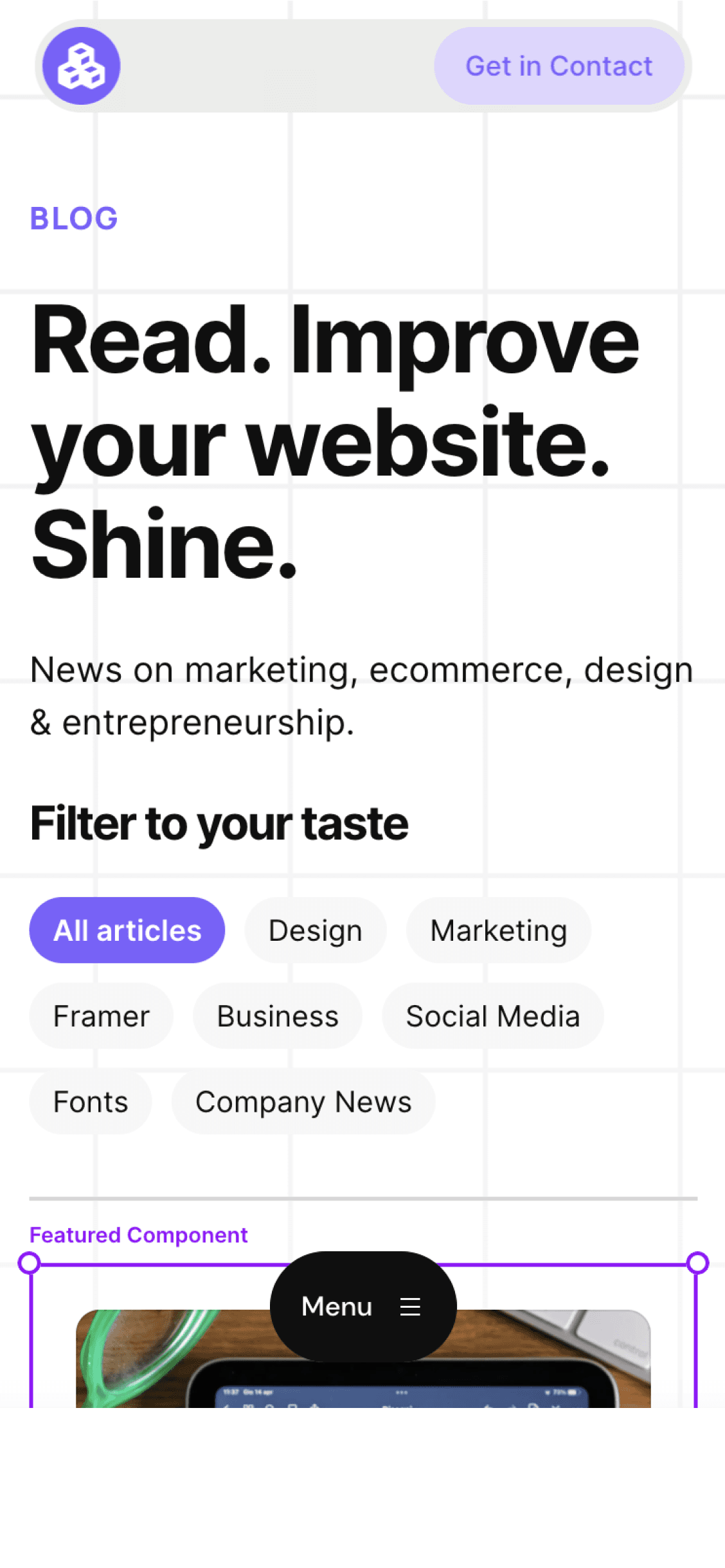All articles
How professionals do SEO optimization
Are you ready to take your website to new heights? Look no further than our ultimate guide on SEO optimization. From decoding search engine algorithms to mastering keyword research, we've got you covered. Get ready to boost your online presence and outshine the competition!
6
min read
Jan 25, 2024
Subscribe Wrapper
Get notified whenever we post a new blog
Learn more about writers' expertise on web design, web development, SEO, tools and much more!
Get Notified
Share our blog on your socials. Let people know!
Professional search engine optimization that is beneficial to your organization is priceless. Quality SEO may elevate a firm that was previously invisible online to the top page of Google search results. With internet marketing here to stay, it is time to find out how to use the power of expert search engine optimization to distinguish your business or website.
Constantly New Content
You cannot disregard content as a professional search engine optimization component without major implications. It is the most crucial factor on your website. However, badly produced material or content that lacks correct SEO tactics will not help your business at all. What important is unique and relevant material to your business that is appealing to your visitors. You must employ backlinks and keywords but remember to write for your consumers first. It is worth it to employ writers because you need great material on every page of your website. Industry-specific content has the potential to distinguish you as an industry authority.
Keyword research
Having the appropriate keywords is one of the cornerstones of search engine optimization. Using intelligently placed keywords in your content, website, blogs, or social media updates, you may reach your target market.
Efforts in this area begin with identifying terms or phrases that people are likely to search for. Keywords linked to your products and services are also included.
Link building
In your text, do not forget to incorporate hyperlinks to other pages on your website. It is also critical to include links to external sources and material. Find reputable websites in your sector and utilize them as connecting points for your material. Experts advise contacting those businesses and asking if they will cooperate by connecting your pages to theirs. This can significantly improve your web visibility.
Metadata
When creating your website, leave a gap between the head> tags for metadata, or information about the page's contents. If you have a CMS this data will be pre-populated for you. However, as your site evolves, it is critical that you evaluate and update the information.
Metadata for the Title
The page titles are shown at the top of a browser window and the headline inside search engine results is controlled by title metadata. It is the most crucial piece of info on your page.
When designing your website, each page contains a space between the <head> tags to insert metadata or information about the contents of your page. If you have a CMS site originally produced by the UMC web team will have pre-populated this data for you. However, it is important for you to review and update metadata as your site changes over time. This emphasizes the need of adopting well-thought-out page names that are rich in keyword terms.
Metadata Description
The text description that a browser may utilize in your page search return is known as descriptive metadata. Consider it your website's window display—a succinct and appealing summary of what is inside, with the objective of enticing visitors to enter. A decent meta description will usually consist of two whole phrases. Although search engines may not always use your meta description, it is crucial to provide them with the choice.
Metadata on Keywords

Keyword information is almost never utilized to determine search engine rankings. However, since you should already be familiar with your keyword phrases, it does not harm to include them in your keyword information. You should offer a range of phrases. As a general guideline, confine it to 3-7 phrases, with each phrase including 1-4 words.
Make Your Website Search Engine Friendly
All search engines want to know if your site has:
Good user experience - easy to use? Is the bounce rate high or low?
Authority – unique instructional content?
Performance – quick loading time?
Content – is it relevant to your company and industry?
It is also useful to understand what search engines do not want or will penalize you for:
Purchased links - Links must be natural and authentic.
Poor user experience - a high bounce rate, too many advertisements, or a sloppy layout can all work against you.
Keyword stuffing — this method is no longer effective and will only harm your internet exposure.
One of the finest investments you can make is to make your website findable. To redesign your website, use a competent web design firm. Consider using expert search engine optimization services to improve your ranking.
Subscribe to our newsletter
Learn more about writers' expertise on web design, web development, SEO, tools and much more!
We care about your data in our privacy policy.

Cédric subscribed to the newsletter! 🎉
Welcome to the Welleton Digital Agency blog!
Michiel just posted 2 blogs about marketing & design.
Thanks for sharing the blog with your friends!



